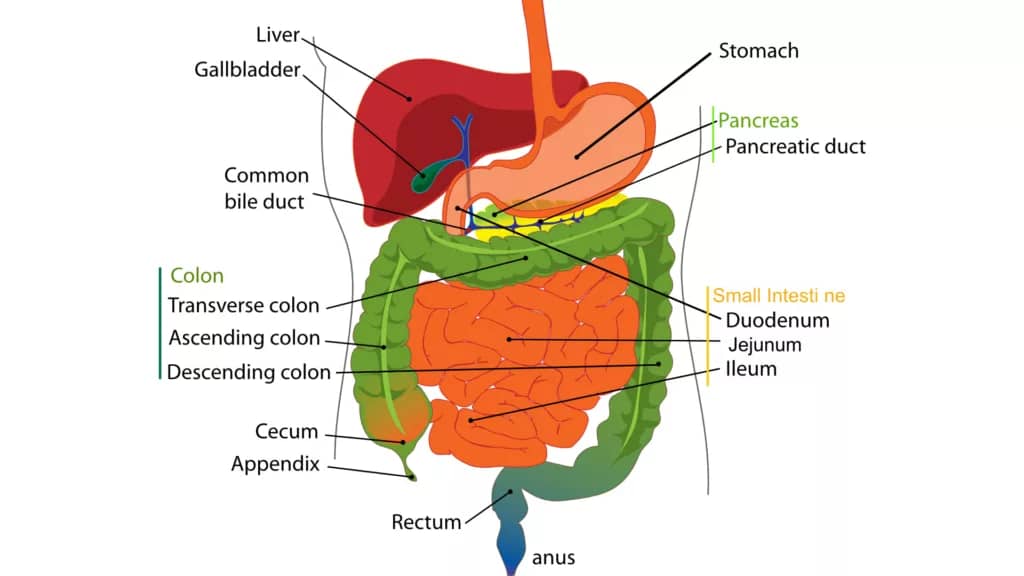How Traditional Chinese Medicine influences better sleep
Sleep is one of the most significant ways to promote brain function and healing. Almost every type of tissue and system in the body is dependent on a good night’s sleep. Research has demonstrated that a lack of sleep or poor-quality sleep increases the risk of disorders such as mental health conditions, brain fog and lack of concentration, high blood pressure, cardiovascular disease, diabetes, and obesity. According to the American Sleep Association, 35% of people aged 20-49 get less than the recommended 7 hours of sleep, with 10% of people suffering from chronic insomnia.
The root of most types of insomnia is stress, followed by substance or stimulant use, shift work, poor sleep habits, lack of exercise, and other health issues. Western Medicine aids sleep disorders by focusing on lifestyle habits that disrupt sleep. When changes are adjusted and sleep does not further improve, medications may be prescribed. More often these medications are meant to be used short-term but often become chronically needed. Some medications also come with side effects that may continue to contribute to poor sleep habits and may become the source of new health problems.

Natural remedies such as diet changes, CBD products, blue light filters, limiting screen usage, and stress management are common, however, they may also be ineffective or make minimal difference.
At Huatuo Clinic, our doctors and residents provide acupuncture, moxibustion, and herbal formulas as a holistic option for rejuvenating sleep. Traditional Chinese Medicine works as a whole to rebalance the mind and body by stimulating the parasympathetic system to bring the brain into a restful state. This process stimulates the brain’s natural sources of melatonin hormone to activate rest and sleep.
The improvements from our treatments can include falling asleep quicker, staying asleep longer, and waking more rested. These results are obtained from the concepts of Traditional Chinese Medicine to not just target the distractions and symptoms that trigger your poor sleep, but also address secondary signs that may contribute to other health concerns to create the most effective treatment for you.
Other Readings
- Natural Treatment Options for Painful Periods in WomenNatural Treatment Options for Painful Periods in Women: Traditional Chinese Medicine Acupuncture Dr. Wanda Duong, Doctor of Acupuncture (R.Ac, DTCM, B.Sc, Dip. Natural Nutrition) Painful periods, or dysmenorrhea, affect many women and can greatly impact their daily lives. Dysmenorrhea varies around the world and is experienced in 50% – 90% of women of reproductive age… Read more: Natural Treatment Options for Painful Periods in Women
- Chinese Medicine for Irregular Menstruation: How Acupuncture and Herbs Can HelpChinese Medicine for Irregular Menstruation: How Acupuncture and Herbs Can Help Dr. Wanda Duong, Doctor of Acupuncture (R.Ac, DTCM, B.Sc, Dip. Natural Nutrition) Irregular menstruation can be a frustrating and stressful experience for many women. Irregular menstruation may include an early menstrual cycle, delayed menstrual cycle, shortened or prolonged length of bleeding during menstruation, increase… Read more: Chinese Medicine for Irregular Menstruation: How Acupuncture and Herbs Can Help
- Holistic Prenatal Care: How Traditional Chinese Medicine Can Benefit Moms-to-BeHolistic Prenatal Care: How Traditional Chinese Medicine Can Benefit Moms-to-Be Dr. Wanda Duong, Doctor of Acupuncture (R.Ac, DTCM, B.Sc, Dip. Natural Nutrition) Pregnancy is a transformative time in a woman’s life, both physically and emotionally. While modern medicine provides important prenatal care, more and more expectant mothers are turning to Traditional Chinese Medicine (TCM) to… Read more: Holistic Prenatal Care: How Traditional Chinese Medicine Can Benefit Moms-to-Be
- Dr. Sue ChenDr. Sue Chen Doctor of Acupuncture, Dr. Ac Book an appointment with Dr. Sue Chen Languages: Cantonese, Mandarin, English Dr. Sue (Xuemei) Chen is a distinguished graduate of the Alberta College of Acupuncture & Traditional Chinese Medicine (TCM), demonstrating a wealth of expertise in Traditional Chinese Medicine. With years of experience in the field, Dr.… Read more: Dr. Sue Chen
- Dr. Heather WongDr. Heather Wong MSc., Dr. Ac. Book an appointment with Dr. Heather Wong Languages: English, Mandarin, Cantonese Dr. Heather Wong is an experienced Traditional Chinese Medicine practitioner specializing in acupuncture and internal medicine. She is a highly skilled and compassionate acupuncturist with a wealth of experience in Traditional Chinese Medicine. She has dedicated her career… Read more: Dr. Heather Wong










